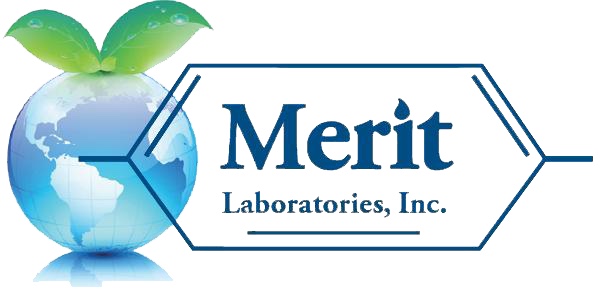Years of underinvestment in Michigan’s infrastructure, including roads, bridges, dams, schools, transit, water and sewer systems, railways and energy systems, have left the state in a precarious position, according to the American Society of Civil Engineers (ASCE) 2018 Report Card for Michigan's Infrastructure and the 21st Century Infrastructure Commission.
The ASCE Report Card cited estimates that drinking water system owners in Michigan are underfunding improvements for Safe Drinking Water Act (SDWA) compliance by as much as $563 million every year. According to the ASCE, the Great Lakes and its connecting waterways provide drinking water to approximately 5.3 million Michiganders, so issues that affect the health of the lakes also have an impact on the availability of clean drinking water.
To address drinking water quality and wastewater protection challenges that municipalities face, Governor Whitmer launched the MiCleanWater plan. The program leverages $500 million for water infrastructure funding to address critical infrastructure issues which include: undersized sewers, failing septic systems, unaffordable water rates and protection from lead, PFAS and other contaminants that can affect drinking water.
Water drawn from the Great Lakes for use by residents and businesses must be effectively treated to make it safe for use. An efficient and properly maintained water system is crucial to holding costs down for all customers. Also, individual customers can be adversely affected by lack of maintenance or leaking pipes in their homes, which increases utility costs and potentially introduces contaminants into the water system.
As chemistry professionals committed to providing high quality analytical testing services, we understand the important role environmental laboratories play in protecting our environment and infrastructure. After all, our children, families, friends, and neighbors may be using the same water source that we are testing. Which is one of the reasons Merit Laboratories continuously invests in the latest instrumentation, method development procedures, and training to provide the most accurate data.
Merit Laboratories is a leading national PFAS environmental laboratory, analyzing drinking water, soil, wastewater, groundwater, and other sample matrices, including biosolids and sludge. Analytical methods performed by Merit for PFAS include drinking water by EPA 533, EPA 537.1, and EPA 537 rev. 1.1, biosolids by ASTM D7968-17 with Isotopic Dilution, and soil, wastewater, groundwater, and surface water by ASTM D7979-19 with Isotopic Dilution and ASTM D7968-17.

